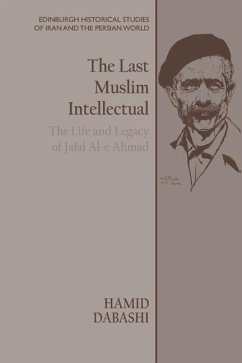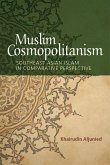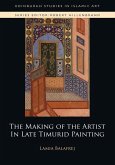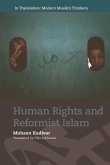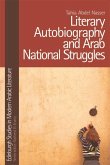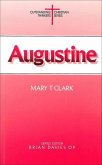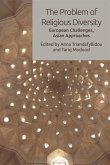The first comprehensive social and intellectual biography of Jalal Al-e Ahmad This book explores the life and legacy of Jalal Al-e Ahmad (1923-69) - arguably the most prominent Iranian public intellectual of his time - and contends that he was the last Muslim intellectual to have articulated a vision of Muslim worldly cosmopolitanism, before the militant Islamism of the last half a century degenerated into sectarian politics and intellectual alienation from the world at large. Hamid Dabashi places Al-e Ahmad beside other towering critical thinkers of his time, showing how he personified a state of Muslim anticolonial modernity that has now disappeared behind the smokescreen of sectarian politics. This unprecedented engagement with Al-e Ahmad's life and legacy is a prelude to what Dabashi calls a 'post-Islamist Liberation Theology'. The Last Muslim Intellectual is about expanding the wide spectrum of anticolonial thinking beyond its established canonicity and adding a critical Muslim thinker to it - an urgent task, if the future of Muslim critical thinking is to be considered in liberated terms beyond the dead-end of its current sectarian predicament. Key Features - A full social and intellectual biography of Jalal Al-e Ahmad, a seminal Muslim public intellectual of the mid-20th century - Places Al-e Ahmad's writing and activities alongside other influential anticolonial thinkers of his time, including Frantz Fanon, Aimé Césaire and Edward Said - Chapters cover Jalal Al-e Ahmad's intellectual and political life; his relationship with his wife, the novelist Simin Daneshvar; his essays; his fiction; his travel writing; his translations; and his legacy
Hinweis: Dieser Artikel kann nur an eine deutsche Lieferadresse ausgeliefert werden.
Hinweis: Dieser Artikel kann nur an eine deutsche Lieferadresse ausgeliefert werden.

